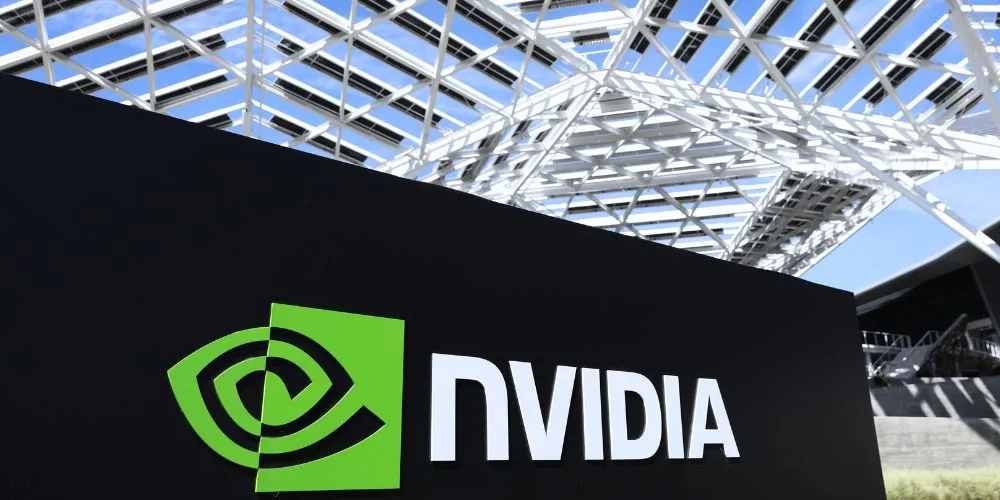Key Points
- China’s cyberspace regulator is questioning Nvidia about potential security backdoors in its H20 AI chips.
- The concern was triggered by U.S. proposals to require location tracking on advanced chips sold abroad.
- The regulator is worried about the potential impact on Chinese user data and privacy.
- The news comes as Nvidia is set to resume sales of the H20 chip to China after a U.S. ban was reversed.
China’s top cyberspace regulator has demanded an explanation from Nvidia about whether its H20 artificial intelligence chips have any “backdoor” security risks. The move comes after U.S. lawmakers called for advanced chips sold abroad to be equipped with tracking technology.
The Cyberspace Administration of China said it met with Nvidia on Thursday to discuss the issue. The regulator is concerned that tracking features could have a negative impact on Chinese user data and privacy rights.
The U.S. has been tightening its control over advanced AI chips, and some lawmakers have proposed requiring location verification to prevent them from ending up in the wrong hands. Nvidia designed its H20 chip specifically for the Chinese market after the U.S. blocked sales of its more powerful chips.
After a brief ban, the U.S. recently allowed Nvidia to resume selling the H20 to China, and the company has reportedly placed new orders for 300,000 chips due to strong demand.
This new scrutiny from China’s cyberspace regulator adds another layer of pressure on Nvidia. The company is already facing a separate antitrust investigation in China over suspected violations of the country’s anti-monopoly laws.





